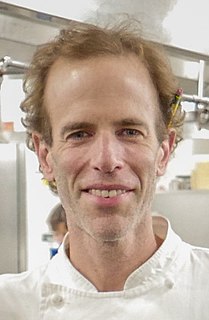A Quote by Paul Watson
The tragedy is that there is so much more incentive - money - to destroy the ecology than there is to preserve it.
Related Quotes
The ordinary man is living a very abnormal life, because his values are upside down. Money is more important than meditation; logic is more important than love; mind is more important than heart; power over others is more important than power over one's own being. Mundane things are more important than finding some treasures which death cannot destroy.
The popes have spoken of human ecology, closely linked to environmental ecology. We are living in a time of crisis: we see this in the environment, but above all we see this in mankind Man is not in charge today, money is in charge, money rules. God our Father did not give the task of caring for the earth to money, but to us, to men and women: we have this task! Instead, men and women are sacrificed to the idols of profit and consumption: it is the 'culture of waste.'
It is a mistake - as so many over-centralized socialist societies have discovered - to try to eliminate money as an incentive. Money is one incentive among many, and has its place. But to put no limits on the impulse to accumulate money obsessively is as destructive as to place no limits on the impulse to commit violence. A viable democratic society needs a ceiling and a floor with regard to the distribution of wealth and assets.
But I am living in the midst of the uncertainty and risk, amid things that can and do bring physical destruction, because I am running from things that can destroy my soul: complacency, comfort, and ignorance. I am much more terrified of living a comfortable life in a self-serving society and failing to follow Jesus than I am of any illness or tragedy.
When people who earn more than the average have their 'surplus', or the greater part of it, seized from them in taxes, and when people who earn less than average have the deficiency , or the greater part of it, turned over to them in hand-outs and doles, the production of all must sharply decline; for the energetic and able who lose their incentive to produce more than the average, and the slothful and unskilled lose their incentive to improve their condition.
[Comedies], in the ancient world, were regarded as of a higher rank than tragedy, of a deeper truth, of a more difficult realization, of a sounder structure, and of a revelation more complete. The happy ending of the fairy tale, the myth, and the divine comedy of the soul, is to be read, not as a contradiction, but as a transcendence of the universal tragedy of man. ...Tragedy is the shattering of the forms and of our attachment to the forms...





































